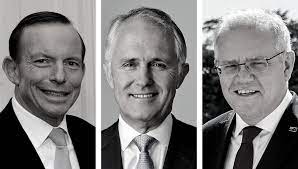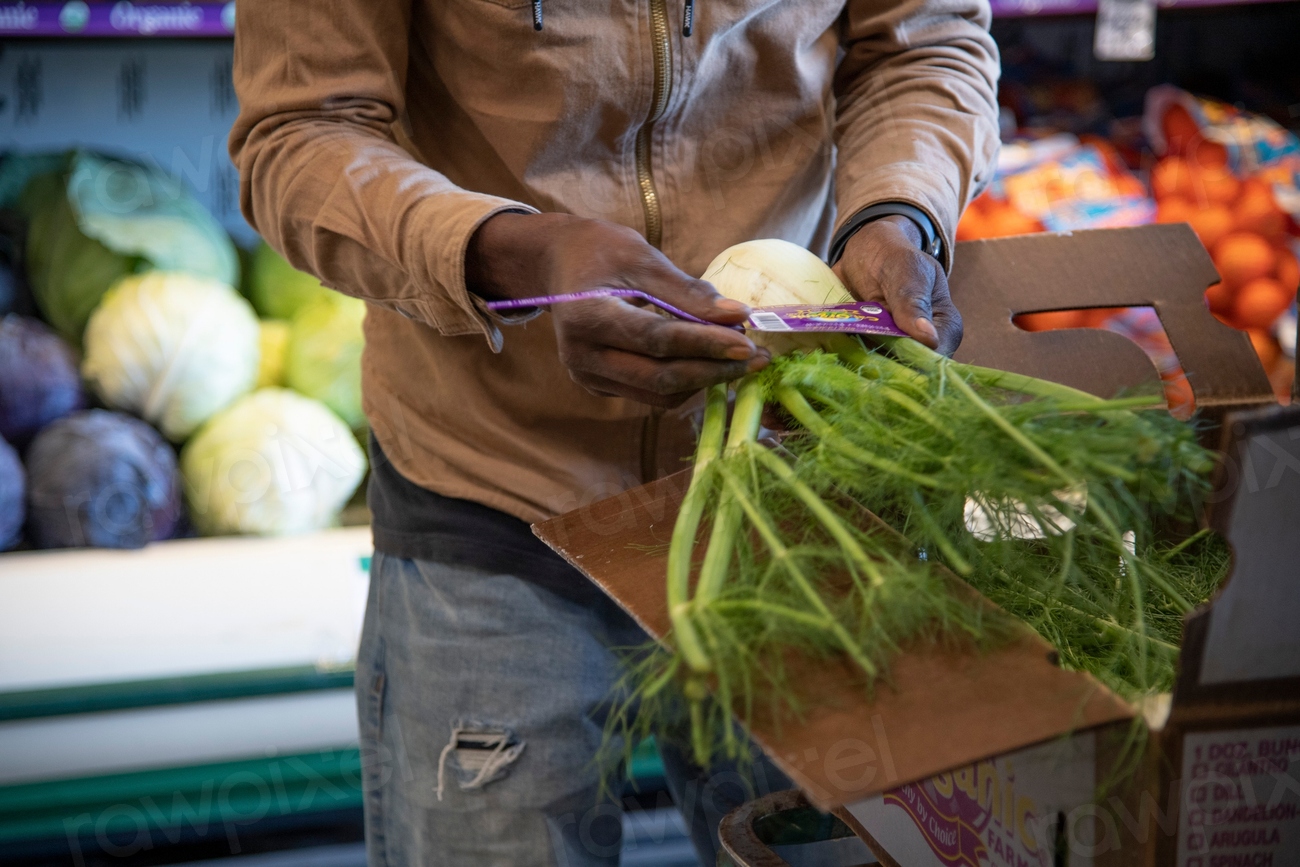Big Bad Brad Banducci has fallen on his sword after 9 years steering the good ship Woolworths. Australia: The land of no competition, welcomes business leaders astute in the arts of duopolies and monopolies. Our feeble politicians are happy to look the other way when it comes to policing the big end of town. Pollies today make a lot of speeches and public announcements about enquiries and reviews into things. They do not, however, actually do anything about complex matters like mergers and takeovers reducing competition.

Duopolies & Oligopolies Mean Bugger All Market Competition
ANZ has just been given the greenlight to takeover Suncorp, after the ACCC had knocked it back. Australia has one of the most concentrated banking and finance markets in the world. Consumers downunder have little to no power due to the absence of any real competition in most of our sectors. We can list them: supermarkets, banking, media, real estate, oil and gas companies, insurers, liquor retailers, airlines, energy retailers, consultancy firms/auditors, telecommunications, health insurance, gambling, stationers, hardware, and many more. Corporate Australia has had carte blanch for decades to run the show as they see fit. The neoliberal economic policies have dominated our duopoly of political parties for the last 30 years or more.

Record Profits Rising Amid A Cost Of Living Crisis
Record profits and ever increasing profit margins make investors and shareholders happy. However, we are in the midst of a 2 year cost of living crisis, which has eaten up the savings of the working poor. CEO’s, like Banducci have not let a little thing like mass poverty get in the way of making oodles of money. Australians have had a decade of LNP aspirational politics, where greed is good and getting your snout in the trough supersedes all other considerations. Morrison, Turnbull, and Abbott put the business world before all else and surprise, surprise we have the greatest division between rich and poor ever seen in our history.
Australians need to ask themselves what kind of country do they want to be. Do they want a 2 speed economy where the wealthy are economically favoured by the taxation system, as is currently the situation? Or do they want this to be a fair land of opportunity for all Australians? Governments used to say that they governed for everyone, whether you voted for them or not. The last mob slashed the public service and spent billions with private consultancy firms. Redirecting tax payer funds into the hands of the private sector, where there was much less scrutiny happening. Robodebt was born out of this, where PwC did reviews into the economics of making 500, 000 Australians cough up money in the thousands they didn’t owe. This was the greatest betrayal of public trust in government seen in Australia. It ended up costing, us the tax payers $1.8 billion in a settled class action by the victims. Several vulnerable people killed themselves in despair over the false accusations. Still, no politician or senior public servant has been held accountable. Justice in Australia is reserved for the wealthy and the powerful. The names involved in running Robodebt were Scott Morrison, Alan Tudge, Stuart Robert, Marise Payne, Tony Abbott, and Kathryn Campbell.

Supermarket Price Gouging Alive & Well
The Brad Banducci resignation, after some public flak from 6 enquiries into the supermarket sector and an ABC interview gone wrong, is an interesting phenomena. We have seen it before with Alan Joyce at Qantas becoming public enemy number one, after many years of getting away with gutting our national carrier for more profit. These CEO’s leave the scene with $20 million plus golden handshakes. Australians respect individuals who make a lot of money in their line of business. It is the main measure of success in life for the vast majority of people. It takes a lot to dislodge this begrudging and aspirational bestowment of collective esteem. In this case, it is the result of 2 years’ worth of overpaying for essential groceries at the checkout. Brad could, obviously, see the writing on the wall with all these enquiries into Woolworths and Coles. Things were only going to get hotter for highly paid CEOs in this sector. The good times were over.

Have you noticed in Corporate Australia, they usually put a woman in charge when the shit really hits the fan. Vanessa Hudson at Qantas. Michelle Bullock at the RBA, and Leah Weckert at Coles. This has been a ploy in politics for many years when you think about those state premiers Carmen Lawrence and Joan Kirner. Is this because they are better managers and far less fragile when it comes to holding things together during tough times? Yes, I do think so. Blokes want glory without the mud sticking to them from when their predecessor has screwed over the nation for more profit. You have to ask the very real question – do corporations have a responsibility to the communities they do business with during severe cost of living crises? Is it always, only, about the bottom line?
ACCC Failures To Maintain Competitive Markets Downunder
Australia lacks competition in most of its domestic markets and sectors. The ACCC has failed, due to government underfunding, to prevent the concentration of corporate control of our commercial sectors in every direction. I imagine Allan Fells and Rod Sims feel pretty guilty about their failures to keep competition in the markets when they were in charge of the ACCC. Australia the land of no competition is sucking the wealth from the pockets of the working poor. Rents are rising beyond the affordability of everyday Australians in every city. Landlords and property managers are whacking up rents in response to the shortage of rental stocks. The power imbalance between landlords and tenants is extreme in Australia. All of the regulators and overseeing bodies in this country are basically toothless tigers – regulators in name only. Our governments have created this nest of sham oversight to appease those fighting for rights at the time. Real power remains with the big players in the market.

Australia is a pretty good place to live when things are going along nicely. In a cost of living crisis or a pandemic those on the lower socioeconomic scale, however, suffer greatly. We have a tax system which overwhelmingly favours the wealthy and propertied classes at the expense of ordinary workers. The capital gains tax discount and negative gearing are clear examples of this. Superannuation has become a bolthole for the very wealthy to avoid paying their fair share of tax. An overreliance on income tax and the absence of wealth taxes puts the burden on the working poor. At the same time, government reluctance to properly tax those multinational corporations extracting our resources for their profit is becoming the white elephant in the room. Is this corruption or incompetence or a bit of both? Australian tax revenue is the poor relation when comparing how other nations like Qatar and Norway tax miners and fossil fuel companies digging out their resources. Why is this so? I have not heard a reasonable answer from those responsible to this point.
Governments listen to those with the loudest voices in the room. Well paid lobbyists and party donations make more noise than the silent majority getting shafted by these kinds of decisions. Democratic governments are vulnerable to the sustained demands of those with vested interests at the expense of the rest of us. Unless the majority of us get organised and say enough is enough in relation to the current economic climate nothing much will change. Australia is now unaffordable as a place to live and work for a large number of its citizens. Housing has become unaffordable. The cost of living is too expensive at every turn. Supermarkets charge too much for their items. Energy retailers charge too much for electricity and gas. Petrol stations charge high prices consistently for fuel for our vehicles. Australia the land of no competition lets all these sectors and their companies get away with screwing ordinary consumers. What are we going to do about it?
“Australians are paying prices that are too high, too often.
This is the conclusion of an inquiry into price gouging by big business conducted by Allan Fels, former head of the watchdog Australian Competition and Consumer Commission.
Now, this may be as obvious as the nose on your face if you pay for things on a daily basis, but the idea that excessive corporate profits have anything to do with rising inflation and the rising cost of living has been a surprisingly controversial one in recent years. Absurdly, many commentators have been blaming workers for the rise in inflation. Precious few people, certainly no one at the Reserve Bank of Australia, would admit that excessive corporate profits might have something to do with the cost-of-living crisis.
RBA Governor Michele Bullock, appearing before a Parliamentary inquiry this week, finally conceded that some businesses are using the “cover” of high inflation to push up prices. But for a long time, the RBA was seemingly content to ignore the role of corporate profits in driving inflation.”
Robert Sudha Hamilton is the author of Money Matters: Navigating Credit, Debt, and Financial Freedom.
©HouseTherapy

